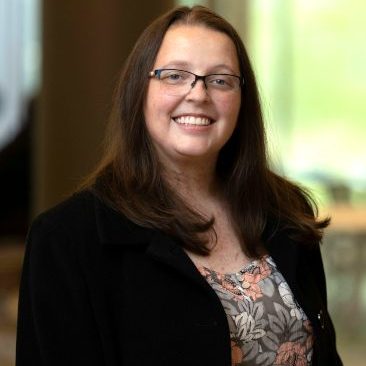The AI literacy framework for higher education
In an era where generative artificial intelligence (AI) permeates every aspect of our lives, AI literacy in higher education has never been more crucial. In our recent paper, we delve into our own journeys of developing AI literacy, showcasing how educators can seamlessly integrate AI into their teaching practices. Our goal is to cultivate a …
Continue reading “The AI literacy framework for higher education”

